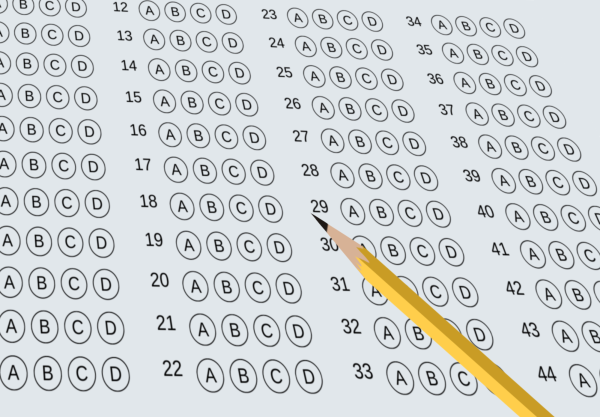Math stigma hinders students’ education
September 8, 2017
This summer, for four hours a day, six days a week, for four weeks, I did math. That’s not how most people choose to spend their summers, and frankly, in the beginning I thought I had made a huge mistake.
However, after attending Governor’s Honors Program (GHP) with a major in mathematics, I realized that our perception of mathematics at Grady is trudged down by our general animosity toward it.
At GHP, I lived in a microenvironment surrounded by nerds. Legitimate nerds. The kind who solve logic puzzles problems and write computer programs that decode crypts in their free time.
When I sat down in class the first day, my classmates had the facial expressions of toddlers about to eat chocolate ice cream. The seats in the front were all filled, and the typical huffing and puffing was replaced by a sort of eager silence, the kind that comes before a highly anticipated movie. I was a little weirded out. I felt like I was in some parallel universe where people actually, you know, liked math.
My classes were really interesting, but even on the days that I wasn’t that enthused for class, being around eager classmates was very uplifting. While it’s not really possible to compare the attitude of Grady students and a group of kids handpicked by the state explicitly for their mathematical passion, there’s still a lot that could be done on the part of both teachers and students at school to improve the math experience.
It is important for me to note that the kids at GHP weren’t all math ‘geniuses.’ I’m certainly not one. Although there were a few of them who probably dreamed in binary code, most everyone was on their normal high school mathematics track and was at the program not because of their skill but because they were curious.
Part of the disconnect students have with math may arise from the fact that what we learn in school isn’t really math. Math isn’t about memorizing trigonometric functions and geometric properties, we learn some of the tools with which actual math problems will be solved.
We learn the scales and music theory of math at Grady, but we don’t get to play the symphony. However, we don’t really get a sense of that in school. Only students in the highest level math class might even have context about those possibilities. The result? We perceive mathematics as an arbitrary and limited realm of study.
In class, it’s necessary that the material learned is put in perspective of the range of mathematics. On the other hand, we, as students, ought to maintain an open attitude toward math. Yes, it can be a frustrating topic, and yes, it can seem unuseful for our proposed future careers as millionaires and presidents, but besides its practical benefits, math can be very interesting, assuming we are actively trying to find value in it.
Once a single student introduces that negative attitude toward a math class, everyone else begins to lose interest. That’s very counterproductive to effective, engaged learning. It’s up to all of us to not bring each other down.
And remember: always wear glasses to math class; they help division.











